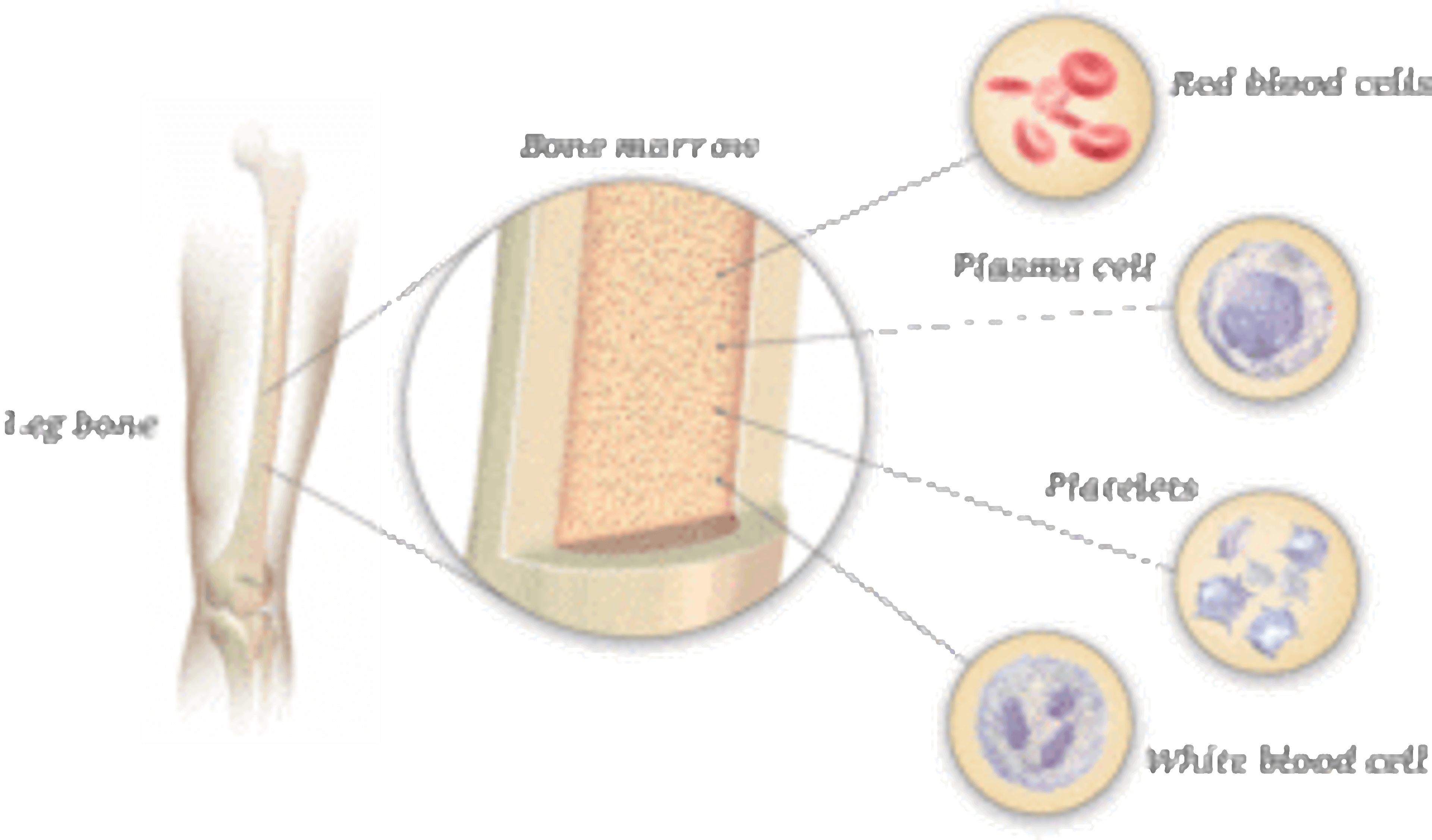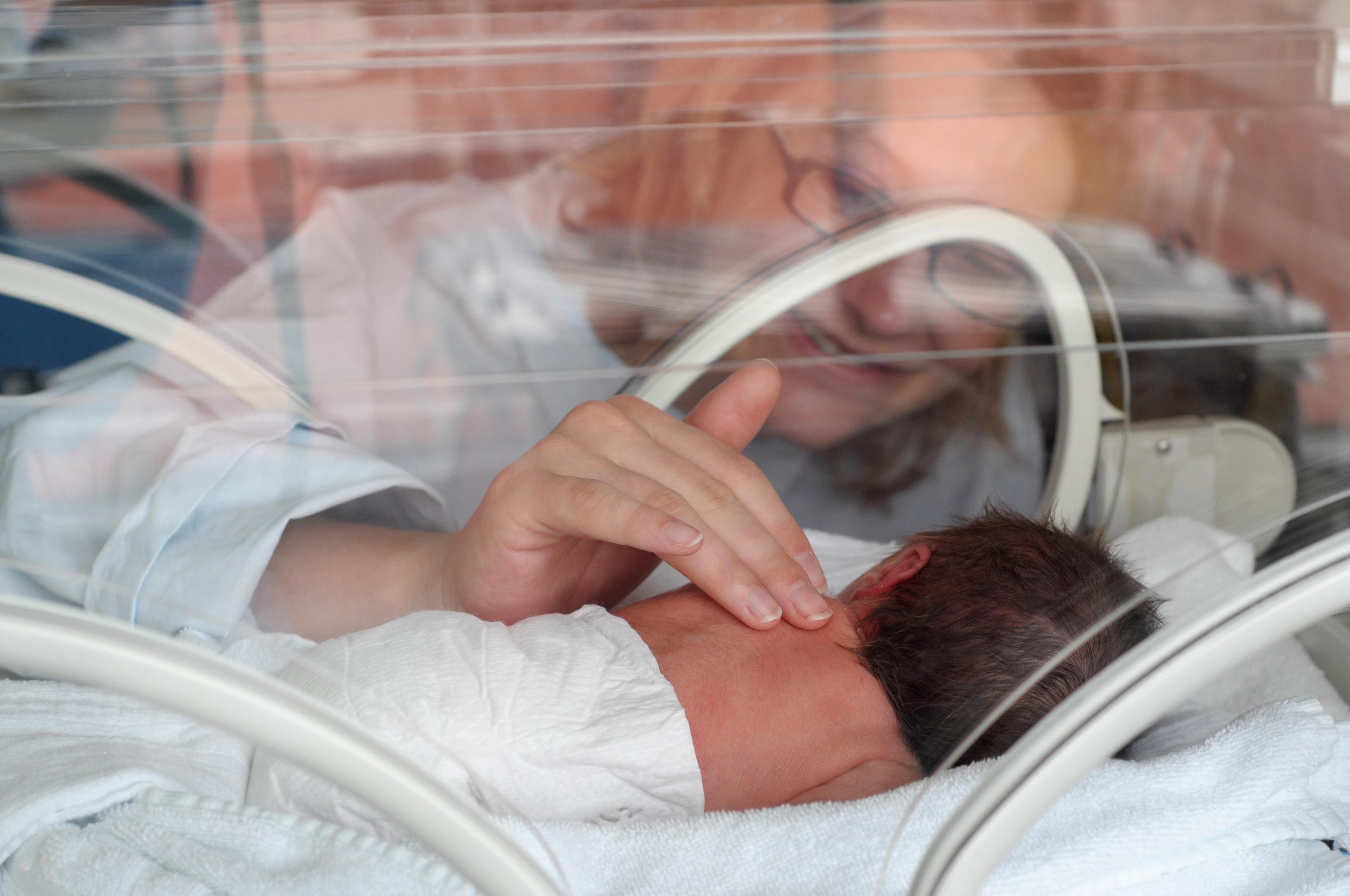#KickCancer: Community leader shares her battle with multiple myeloma

Kristin Coppens
| 4 min read

This blog post is part of #HealthyMe, a personalized web experience based on your health and wellness goals. To sign up today, visit http://www.ahealthiermichigan.org/healthyme
Relatively uncommon in the United States, multiple myeloma is a cancer of the blood. The risk factor is about 1 in every 149 people nationally. Multiple myeloma occurs from malignant plasma cells, which are found in bone marrow and (when benign) an essential part of the immune system.
In an effort to raise continuous awareness around multiple types of cancers and how individuals can properly protect themselves, I invited a Grand Rapids community leader to share her story. Kathy Crosby, President and CEO of Goodwill Industries of Greater Grand Rapids, graciously offered her personal testimonial in hopes to shed light on this rare disease, as well as give inspiration to those fighting through the journey.
Crosby was diagnosed in November of 2012 with multiple myeloma. Her treatment consisted of four rounds of intense chemotherapy and a final stem cell transplant with her own cells. Showing strength and perseverance, Crosby continued to work through the four months of chemotherapy. After that, the time for the transplant arrived.
“The weeks of testing to qualify for the transplant were a bit stressful—lots of trips to the University of Michigan and a lot of unfamiliar procedures. Once I was approved, the process of donating stem cells was extremely long and intense. They have to collect six million cells in order to move forward with the transplant,” explains Crosby.
Once she fought through the preparation, her transplant was finally scheduled. She received a final, very large, and toxic dose of chemotherapy and subsequently spent three weeks in the University of Michigan hospital waiting to see if her stem cells would engraft, or grow new cells. Crosby was weak and tired during this time, but she still had the fight, asking her doctor’s what she could do to help her body heal. Her doctor stated simply, “Eat, sleep, exercise.”
Crosby was committed from that day forward. She vowed to walk 3,000 steps a day (no simple task in the beginning stages of her recovery). She worked with a dietitian and occupational therapist in order to follow strict recovery guidelines pertinent to her type of transplant. After just 100 days, not only were her cells fully engrafted, but her cancer cell count was at 0! Crosby was thus allowed to return to work, and declared in “complete remission” at six months.

Currently in a stage of maintenance, she follows medication guidelines and immunizations as her immune system was severely compromised throughout the journey. “I’m now on a year of maintenance that includes a low dose chemotherapy drug and a bone rebuilding drug. After a year, I will need to have multiple immunizations, like measles, mumps, rubella, as they were previously wiped out,” says Crosby.
Always a foodie, Crosby cans and preserves most of her own food, buys organic and hormone free, and very little commercially prepared food. Her journey has not only transformed her into being more consistent with the eating, sleeping, and exercising, but also more aware of the environment around her. “I learned a lot from the dietitian and physical therapist that makes me more informed about my personal care and health determination.”
Through the course of her diagnosis, treatment, and recovery, the constant force that Crosby goes back to is her reliance on her strong support system of friends, family, and employees: “My advice is to engage your family and friends; don’t try to deal with it alone or hide it. The more I shared through CarePages, Facebook, and my blog, the more others shared with me. The caring and courage of others inspires me and it gives me strength to deal with the challenges.”
Lastly, Crosby stresses the importance of regular doctor visits and exams. As cancer runs in her family, she has always participated in regular screenings and exams. Thus, affording her the experience of early detection and timely treatment.
“A strong relationship with a primary care physician and a good personal awareness of healthy habits are important in any situation related to health. I credit that with my survival,” summarizes Crosby.
How has a support system guided your survivor journey?
Photo credit: Goodwill Industries of Greater Grand Rapids/Cancer.org





